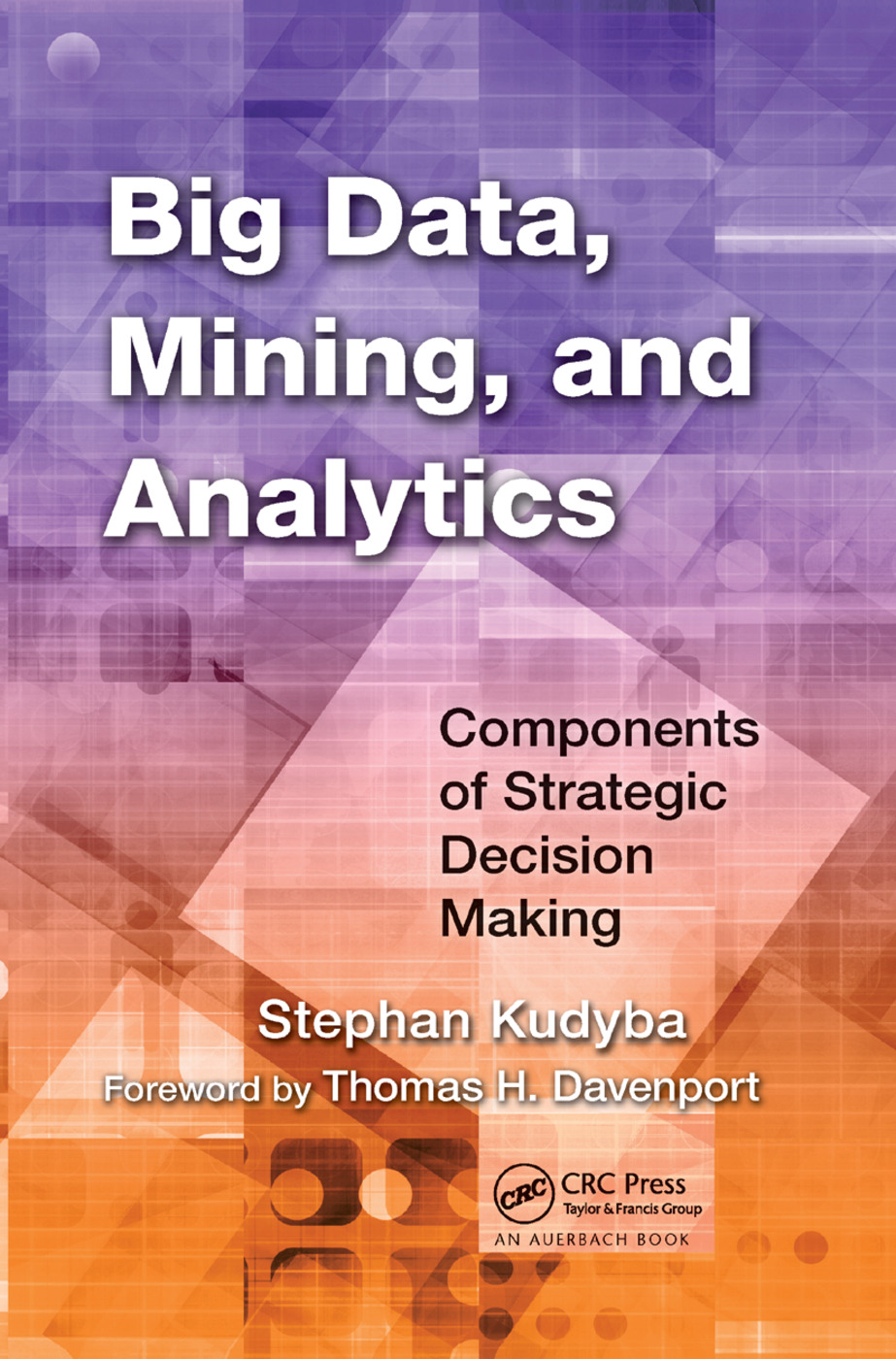FingerDTA:一种用于药物靶标结合亲和力预测的指纹嵌入框架
IF 6.2
1区 计算机科学
Q1 COMPUTER SCIENCE, ARTIFICIAL INTELLIGENCE
引用次数: 1
摘要
已经为筛选潜在的靶点药物做出了许多努力,而进行湿实验仍然是一种费力且耗时的方法。人工智能方法,如卷积神经网络(CNN),被广泛用于促进新药发现。由于CNN的结构限制,从该方法中提取的特征是缺乏全局信息的局部模式。然而,从整个序列中提取的全局信息和从特殊域中提取的局部模式会影响药物靶标的亲和力。全局信息和局部模式的融合可以构建更接近实际生物过程的神经网络计算。本文提出了一种用于药物靶标结合亲和力预测的指纹嵌入框架(FingerDTA),该框架使用CNN提取局部模式,并利用指纹来表征全局信息。这些指纹是在药物或靶标的整个序列的基础上生成的。此外,FingerDTA在Davis和KIBA数据集上实现了相当的性能。在筛选2019冠状病毒病(新冠肺炎)刺突蛋白潜在药物的案例研究中,前10种药物中有7种已被文献证实具有潜力。最终,对接实验证明FingerDTA可以找到新的靶点候选药物。所有代码均可在http://lanproxy.biodwhu.cn:9099/mszjaas/FingerDTA.git.本文章由计算机程序翻译,如有差异,请以英文原文为准。
FingerDTA: A Fingerprint-Embedding Framework for Drug-Target Binding Affinity Prediction
Many efforts have been exerted toward screening potential drugs for targets, and conducting wet experiments remains a laborious and time-consuming approach. Artificial intelligence methods, such as Convolutional Neural Network (CNN), are widely used to facilitate new drug discovery. Owing to the structural limitations of CNN, features extracted from this method are local patterns that lack global information. However, global information extracted from the whole sequence and local patterns extracted from the special domain can influence the drugtarget affinity. A fusion of global information and local patterns can construct neural network calculations closer to actual biological processes. This paper proposes a Fingerprint-embedding framework for Drug-Target binding Affinity prediction (FingerDTA), which uses CNN to extract local patterns and utilize fingerprints to characterize global information. These fingerprints are generated on the basis of the whole sequence of drugs or targets. Furthermore, FingerDTA achieves comparable performance on Davis and KIBA data sets. In the case study of screening potential drugs for the spike protein of the coronavirus disease 2019 (COVID-19), 7 of the top 10 drugs have been confirmed potential by literature. Ultimately, the docking experiment demonstrates that FingerDTA can find novel drug candidates for targets. All codes are available at http://lanproxy.biodwhu.cn:9099/mszjaas/FingerDTA.git.
求助全文
通过发布文献求助,成功后即可免费获取论文全文。
去求助
来源期刊

Big Data Mining and Analytics
Computer Science-Computer Science Applications
CiteScore
20.90
自引率
2.20%
发文量
84
期刊介绍:
Big Data Mining and Analytics, a publication by Tsinghua University Press, presents groundbreaking research in the field of big data research and its applications. This comprehensive book delves into the exploration and analysis of vast amounts of data from diverse sources to uncover hidden patterns, correlations, insights, and knowledge.
Featuring the latest developments, research issues, and solutions, this book offers valuable insights into the world of big data. It provides a deep understanding of data mining techniques, data analytics, and their practical applications.
Big Data Mining and Analytics has gained significant recognition and is indexed and abstracted in esteemed platforms such as ESCI, EI, Scopus, DBLP Computer Science, Google Scholar, INSPEC, CSCD, DOAJ, CNKI, and more.
With its wealth of information and its ability to transform the way we perceive and utilize data, this book is a must-read for researchers, professionals, and anyone interested in the field of big data analytics.
 求助内容:
求助内容: 应助结果提醒方式:
应助结果提醒方式:


